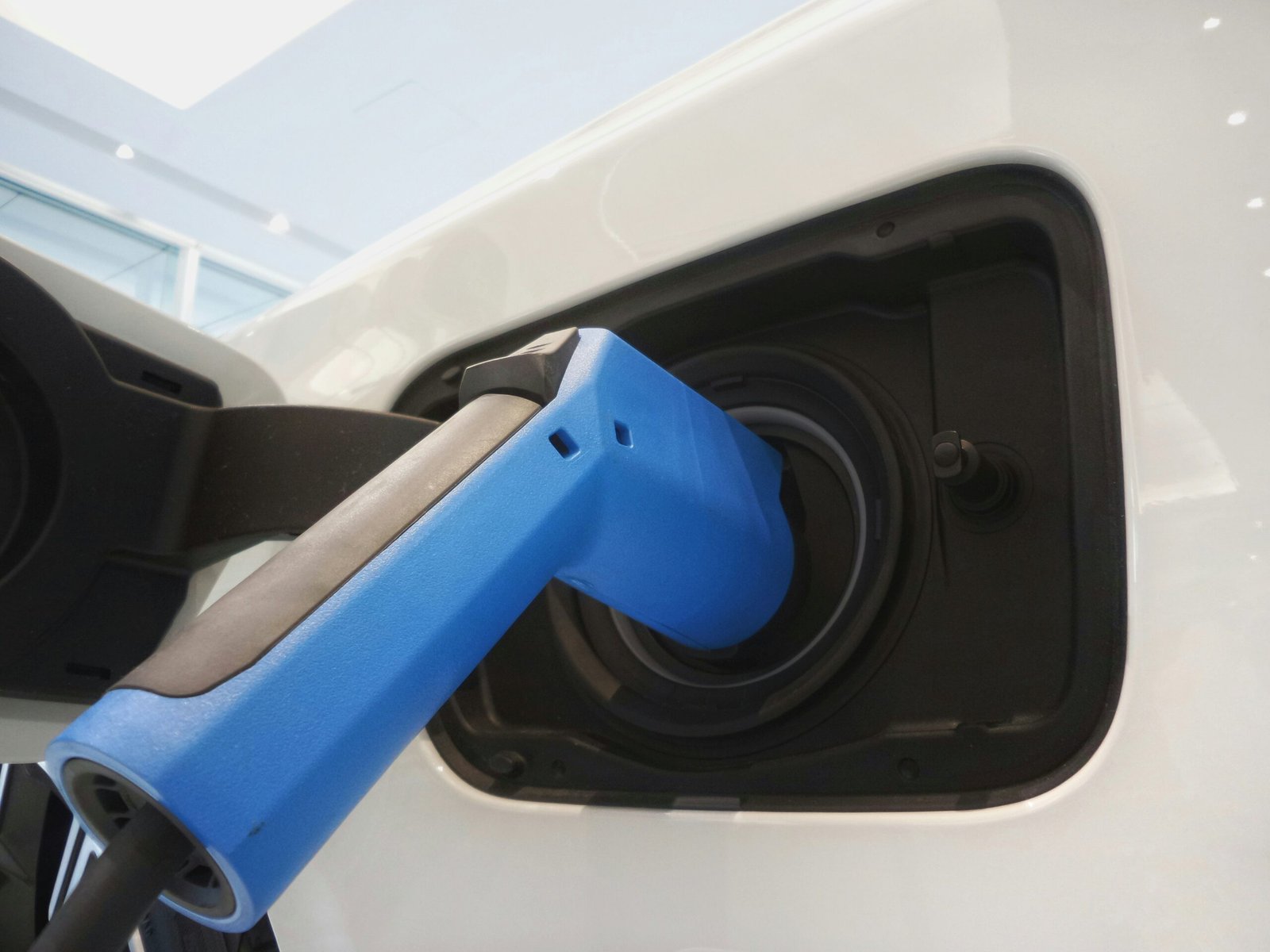The transportation sector is on the cusp of a revolutionary shift, driven by the rapid advancements in electric vehicle technology and autonomous driving. These innovations promise to transform our travel experiences, mitigate environmental impacts, and redefine urban landscapes. This article explores the trajectory of these technologies and their potential to craft a sustainable, efficient, and inclusive future of mobility.
Introduction
The evolution of transportation and electric vehicle technology is steering us towards a horizon where electric vehicles and autonomous driving are central. This transition not only signifies a leap towards sustainability but also illustrates the power of innovation in reshaping societal norms and urban environments.
The Rise of Electric Vehicles (EVs)
Electric vehicles stand at the forefront of the green revolution, offering a viable solution to the pressing issue of climate change. With zero emissions at the tailpipe, EVs present a cleaner alternative to fossil fuel-powered vehicles. Recent years have seen remarkable progress in electric vehicle technology, including significant enhancements in battery life, charging infrastructure, and vehicle performance. This section delves into the advancements that are making EVs more accessible and appealing to a broader audience.
Challenges and Solutions in EV Adoption
Despite the clear environmental and economic benefits, the adoption of EVs faces hurdles such as range anxiety and insufficient charging infrastructure. This part of the article addresses these challenges and highlights the technological innovations and policy measures that are paving the way for widespread electric vehicle technology adoption.
Cost and Affordability of Electric Vehicles
The economic aspects of electric vehicles are crucial in determining their market penetration. This section examines how evolving technology and government incentives are making EVs more affordable, thus accelerating their adoption.
Autonomous Driving: The Next Frontier
Autonomous driving technology promises to revolutionise the concept of mobility, offering unparalleled safety and efficiency. By integrating sensors, AI, and machine learning, autonomous vehicles can navigate roads with minimal human input. This segment explores the advancements in autonomous driving and their implications for the future of transportation.
Urban Planning and Autonomous Vehicles
The widespread adoption of autonomous vehicles holds the potential to transform urban planning and infrastructure. This section discusses the potential for electric vehicle technology to reduce the need for parking spaces, alleviate traffic congestion, and enhance the quality of urban life.
Environmental Impacts of EVs and Autonomous Vehicles
The shift towards electric and autonomous vehicles is a significant step towards reducing greenhouse gas emissions and combating air pollution. This part evaluates the environmental benefits of these technologies and the importance of clean energy sources.
Societal Impacts and Accessibility
The advancements in transportation technology have profound implications for society, particularly in terms of accessibility for the elderly and disabled. This section explores the social benefits and ethical considerations associated with these technologies.
Regulatory and Infrastructure Challenges
Adapting to the new era of transportation requires comprehensive changes in regulations and infrastructure. This segment highlights the role of government and industry in facilitating the integration of EVs and autonomous vehicles into the existing transportation ecosystem.
The Role of Artificial Intelligence in Transportation
Artificial intelligence is the driving force behind the development of autonomous driving technology. This part examines how AI and machine learning are being employed to enhance traffic safety and efficiency.
Global Trends in EV and Autonomous Vehicle Adoption
The global landscape of EV and autonomous vehicle adoption varies significantly across regions. This section provides an overview of international efforts and collaborations aimed at promoting these technologies.
Consumer Attitudes and Market Adoption
Understanding public perceptions and addressing consumer concerns are crucial for the successful adoption of EVs and autonomous vehicles. This part discusses strategies to build consumer trust and accelerate market acceptance.
The Future of Work in the Transportation Sector
The shift towards electric and autonomous vehicles will have a significant impact on employment and skill requirements in the transportation sector. This section explores how the workforce can adapt to the changing landscape.
Innovative Business Models and Transportation
The rise of electric and autonomous vehicles is giving birth to new business models, such as ride-sharing and mobility-as-a-service. This segment looks at the opportunities and challenges presented by these emerging models.
Cybersecurity in EVs and Autonomous Vehicles
As vehicles become increasingly connected, cybersecurity emerges as a critical concern. This part addresses the importance of robust security measures in protecting the future of transportation.
Investment and Economic Opportunities
The EV and autonomous vehicle sectors present significant investment opportunities. This section identifies the key areas for growth and development, highlighting the potential for economic expansion.
Closing the Technology Gap: From Concept to Reality
Bridging the gap between experimental technologies and their practical application is essential for the future of transportation. This concluding section reflects on the journey of EVs and autonomous vehicles from innovative concepts to everyday realities.
Conclusion
The advancements in electric vehicle technology and autonomous driving hold the promise of a transportation revolution. By addressing the associated challenges and embracing these innovations, we can forge a path towards a future where mobility is cleaner, safer, and more efficient for everyone.








